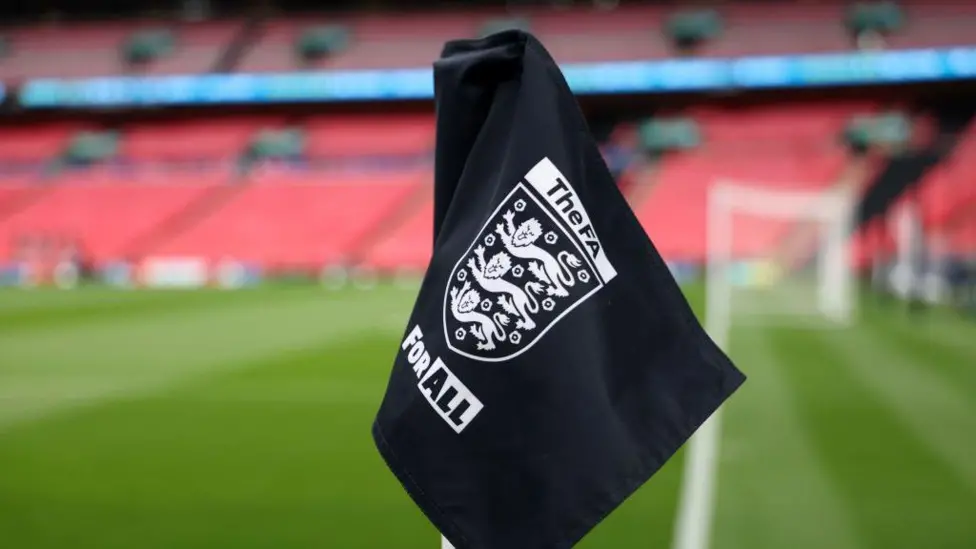The Football Association’s outright ban on transgender women from playing in women’s football in England marks a pivotal and highly controversial shift, triggered by the UK Supreme Court’s recent ruling affirming that the legal definition of “woman” refers strictly to biological sex.
This move, effective 1 June, affects fewer than 30 registered players, but it has major symbolic implications across British sport. The FA is among the first to act following the court’s decision, and its decision is already influencing other sporting bodies such as England Netball, the ECB, and possibly more to come.
Key takeaways:
- The FA says legal advice forced this shift due to risk of litigation from biologically female players.
- Trans players are being offered mental health support and alternative roles (e.g., coaching or officiating).
- The ban is being praised by women’s rights advocates and condemned by trans rights groups as exclusionary.
- Mixed-gender leagues are being considered for the 2026–27 season.
This is no longer just a sporting debate—it’s a legal, social, and political flashpoint. It tests how the UK navigates competing rights: inclusion versus fairness and safety in female sport.


